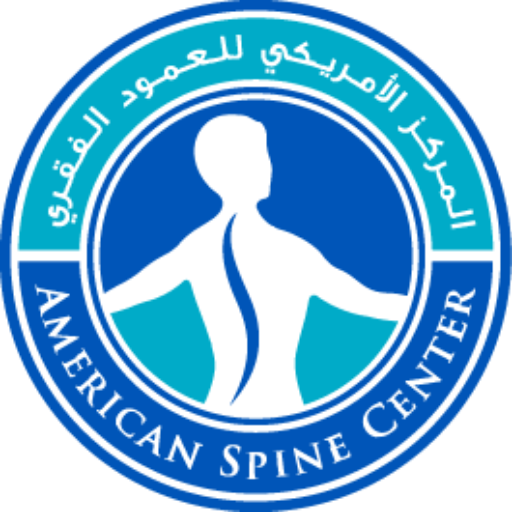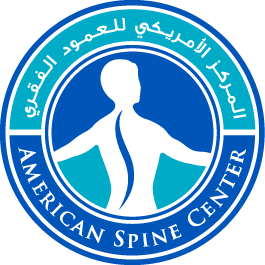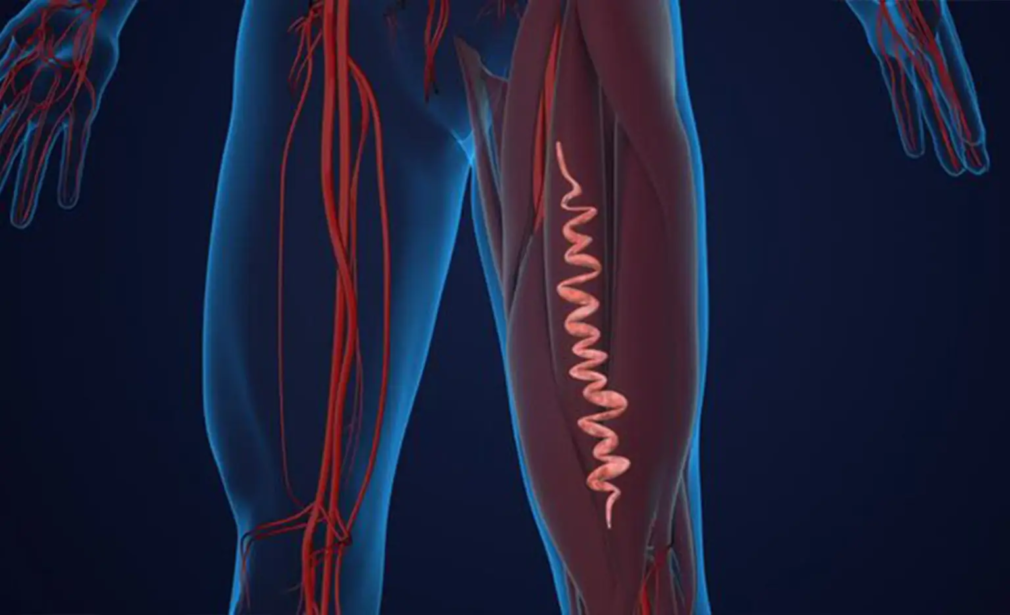Vascular Surgery Department
Our vascular surgeons are committed to improving blood flow, preventing complications, and enhancing quality of life through personalized treatment plans that address both acute and chronic vascular conditions.
Conditions We Treat
- Atherosclerosis (artery plaque buildup)
- Peripheral Artery Disease (PAD)
- Carotid Artery Disease (stroke risk)
- Varicose and Spider Veins
- Aortic Aneurysms
- Deep Vein Thrombosis (DVT)
- Chronic Venous Insufficiency
- Arteriovenous Fistulas
- Lymphedema
- Leg Ulcers and Wounds
Procedures & Diagnostic Services
Angiography
Ultrasound Imaging
CT Angiography (CTA)
Magnetic Resonance Angiography (MRA)
Endovenous Laser Therapy (EVLT)
Endovascular Stenting and Angioplasty
Surgical Bypass and Reconstruction
Frequently asked questions
Vascular surgeons manage a wide range of vascular diseases including atherosclerosis, PAD, carotid artery disease, varicose veins, aortic aneurysms, DVT, chronic venous insufficiency, lymphedema, and leg ulcers.
Vascular surgeons focus exclusively on blood vessels — arteries, veins, and lymphatics — using specialized techniques for diagnosis and treatment. Cardiologists focus on the heart, while general surgeons treat a broad spectrum of surgical conditions. Vascular surgeons often use minimally invasive procedures to treat vascular diseases.
Diagnostic tools include angiography, ultrasound, CT angiography, and magnetic resonance angiography to assess blood vessel health and detect vascular problems. Treatments such as endovenous laser therapy and angioplasty are also performed as minimally invasive options.


